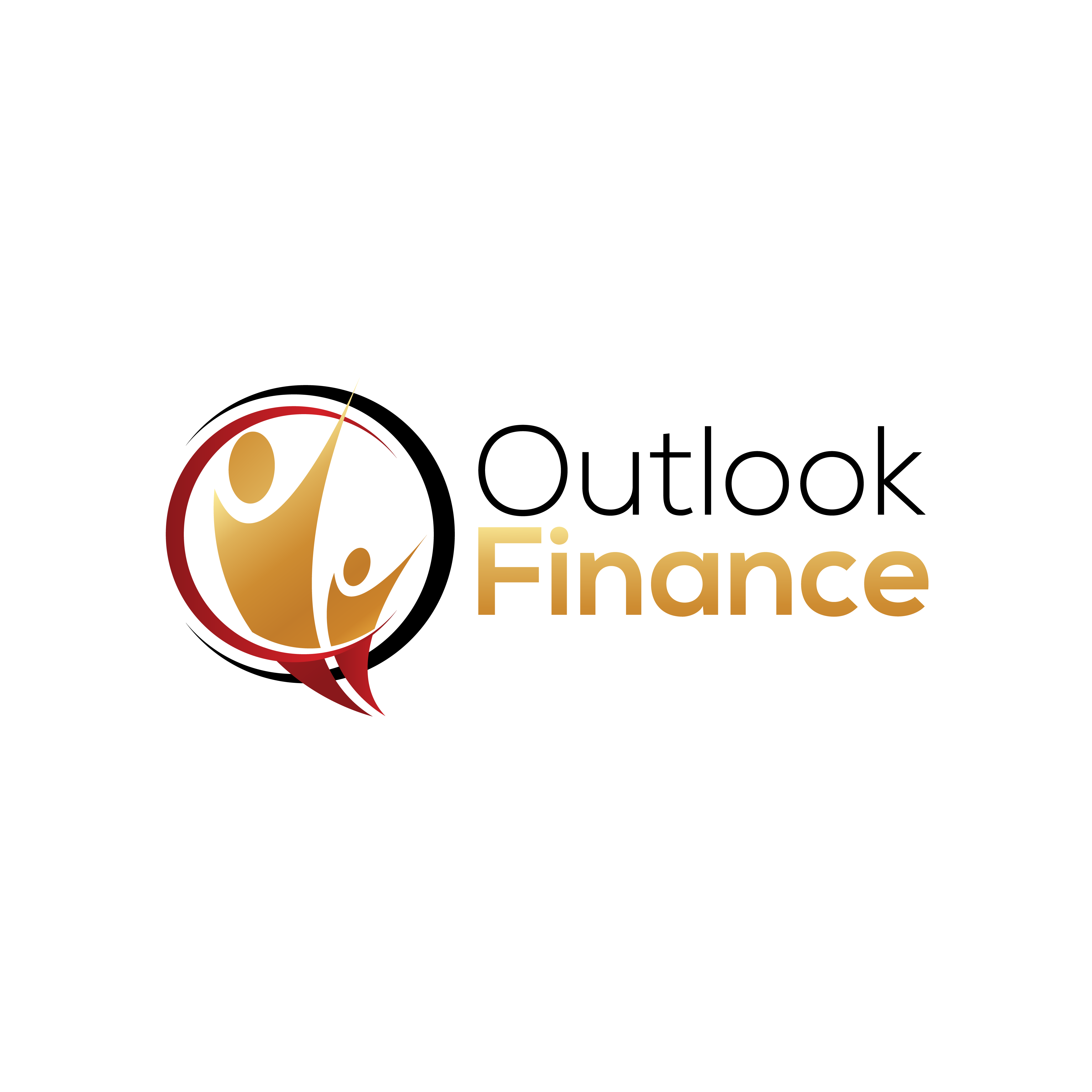Commercial loan terms can vary depending on the lender, the type of loan, and the borrower’s creditworthiness and financial situation. Here are some common commercial loan terms:
- Loan amount: The total amount of money the borrower requests to borrow from the lender.
- Interest rate: The percentage rate that the borrower will pay to the lender to use the money. This rate can be fixed or variable.
- Loan term: The length of time that the borrower has to repay the loan. Commercial loan terms can range from a few months to several years.
- Amortization period: The length of time over which the loan will be paid off, including both principal and interest. This can be longer or shorter than the loan term.
- Collateral: Assets that the borrower pledges to the lender to secure the loan. In the case of a default, the lender can seize and sell the collateral to recover the outstanding balance.
- Prepayment penalties: Fees may be charged if the borrower pays off the loan early.
- Fees and charges: Other costs associated with the loan, such as origination fees, application fees, and closing costs.
- Covenants: Terms and conditions of the loan that the borrower must meet, such as maintaining a certain level of financial performance or not taking on additional debt.
It’s important to carefully review and understand a commercial loan’s terms and conditions before signing the agreement. Borrowers should also compare rates and terms from multiple lenders to find the best loan product for their needs.
